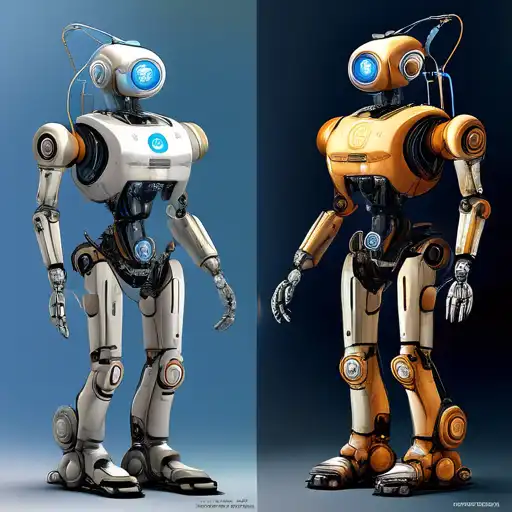Introduction to Robotics in Modern Technology
Robotics has emerged as a pivotal force in the evolution of technology, offering unprecedented opportunities for innovation across various sectors. From manufacturing to healthcare, robotics is redefining the boundaries of what's possible, making it the next frontier in technology.
The Role of Robotics in Industry Transformation
The integration of robotics into industrial processes has revolutionized production lines, enhancing efficiency and precision. Automation, powered by robotics, is not just about replacing human labor but augmenting human capabilities to achieve more.
Key Benefits of Robotics in Industries
- Increased productivity and efficiency
- Reduction in human error and operational costs
- Enhanced safety in hazardous environments
- Scalability and flexibility in production
Robotics and Artificial Intelligence: A Synergistic Relationship
The fusion of robotics with Artificial Intelligence (AI) is creating intelligent machines capable of learning and adapting. This synergy is paving the way for advancements in autonomous vehicles, smart assistants, and more.
Examples of AI-Powered Robotics
- Self-driving cars
- Robotic process automation (RPA) in businesses
- AI-driven surgical robots in healthcare
The Future of Robotics: Challenges and Opportunities
While robotics offers immense potential, it also presents challenges such as ethical considerations, job displacement concerns, and the need for advanced skill sets. However, the opportunities for growth and innovation in this field are boundless.
Preparing for a Robotic Future
To harness the full potential of robotics, investment in education and training is crucial. Encouraging STEM education and fostering a culture of innovation will be key to navigating the future of robotics.
Conclusion
Robotics stands at the forefront of technological advancement, offering solutions to some of the world's most pressing challenges. As we explore this next frontier, the possibilities are as limitless as our imagination.
